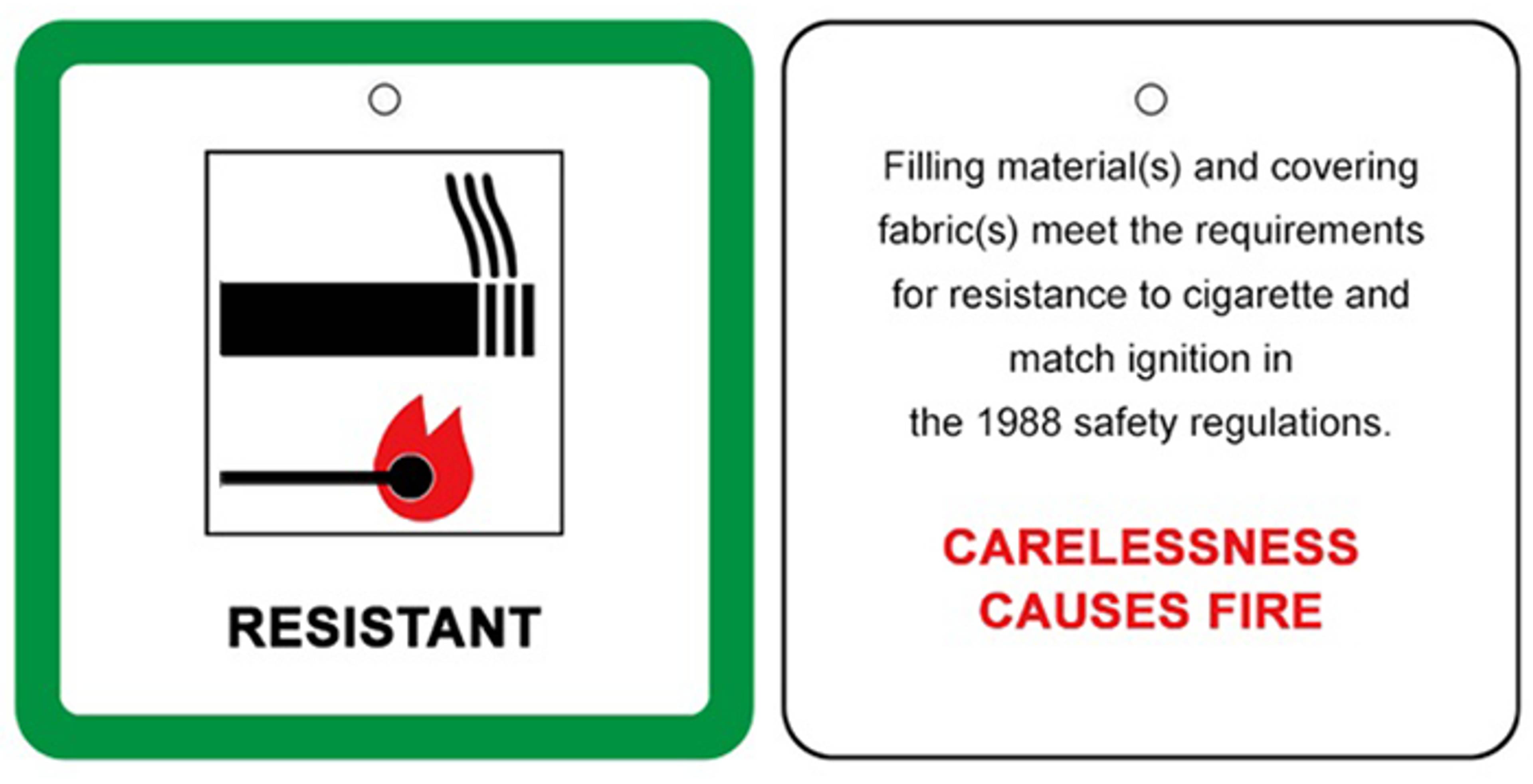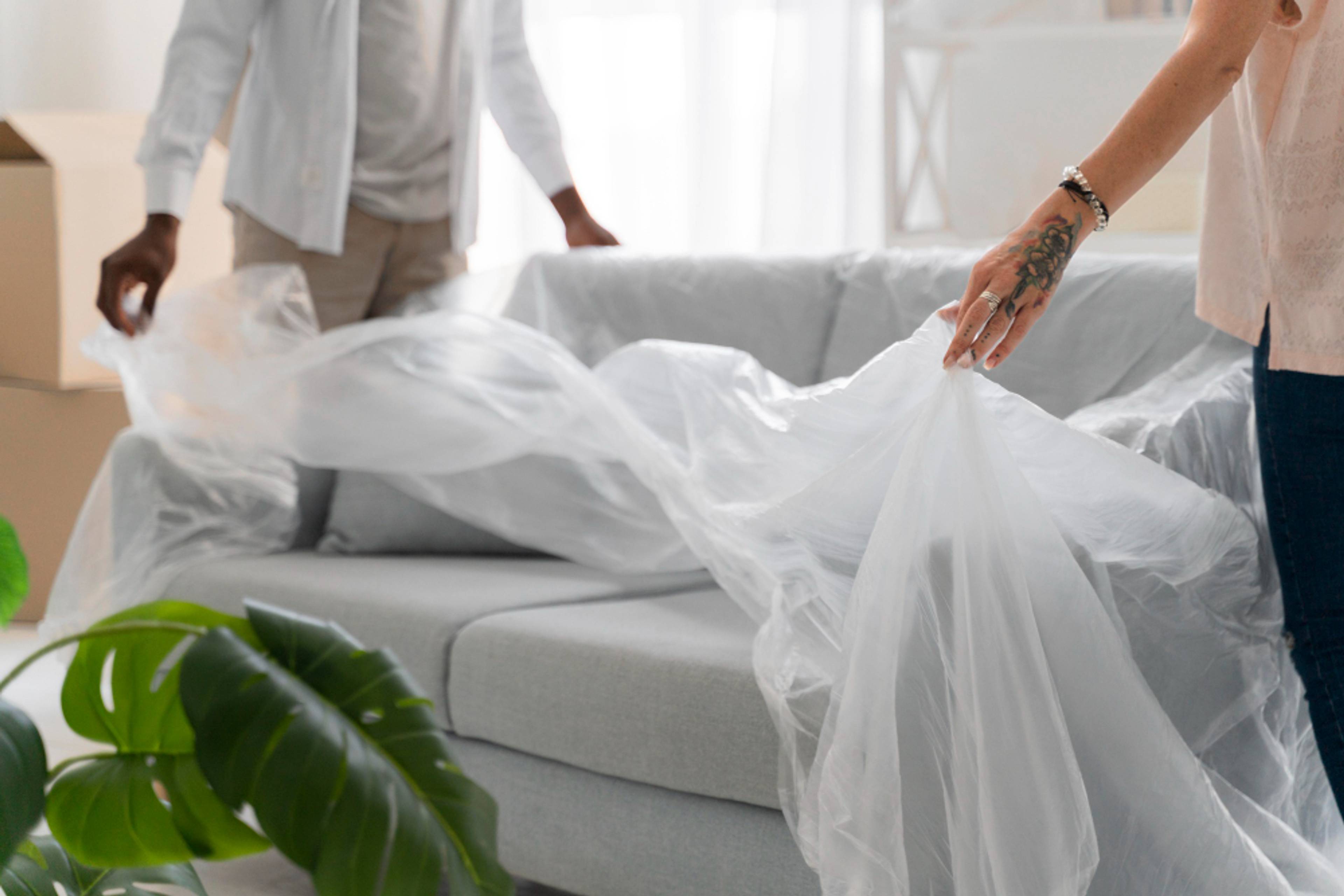Many UK charities collect furniture for free if it is clean, complete, and likely to sell. Sofas and chairs usually need a permanent fire safety label. Take photos and measurements, then book with a nearby charity shop or reuse network.
Most charities only accept sofas and chairs with a permanent fire safety label attached (required under UK furniture fire safety regulations).
Key takeaways
Free collection depends on condition, demand, and local store capacity
Upholstered donations usually require a permanent fire safety label attached
Book online with photos and measurements to speed checks and approvals
Add access notes, parking, and lift details to avoid failed collections
No label or damage, try reuse networks or council bulky collection
Need a short-term storage solution for your furniture, or tailored moving house storage? Get 24-hour access at HOLD Kings Cross and a guaranteed price match.
How does free furniture collection work?
Charities and reuse networks collect good condition items from your home, then resell or rehome them through local shops. Most ask for clear photos and rough measurements before confirming a slot.
For sofas and chairs, a permanent fire safety label is usually required.
What to do
Give everything a quick clean, check it is complete and safe.
Take two or three photos, add width, depth, and height.
Book online with your nearest branch, include access and parking notes.
What they look for
Saleable condition, no heavy damage or strong odours.
Pairs and sets kept together, for example dining chairs.
Standard sizes and neutral styles tend to move faster.

Remember, for sofas and chairs, a permanent fire safety label is usually required (see image above).
Now, let's explore the UK charities and services that offer free furniture.
1. British Heart Foundation (BHF)
One of the UK’s most recognised charities, BHF accepts a wide range of pre-loved items, including soft furnishings, tables, chairs, mattresses, washing machines, and other white goods.
Free furniture collection is available via their online booking system.
Items are sold in their charity shops to fund life-saving research into heart and circulatory diseases.
Book here: British Heart Foundation – Book a Collection
2. Sue Ryder
Sue Ryder offers a comprehensive collection service for larger unwanted items, including beds, armchairs, and sofas.
Items must be in saleable condition and, where applicable.
Sue Ryder supports palliative, neurological, and bereavement care through the sale of donated furniture.
Fill out an online form to arrange a collection date.
Arrange here: Sue Ryder – Free Furniture Collection
3. Cancer Research UK
Many of their superstores offer free collection of larger items like sofas, wardrobes, and tables.
Donations help fund crucial life saving research.
Use their website to request a collection through a simple online form.
Get started: Cancer Research UK – Furniture Donations
4. Emmaus
Emmaus helps people out of homelessness through social enterprises, including furniture donations.
Accepts unwanted furniture in suitable, good condition.
Collections are free and can include soft furnishings, tables, chairs, and other items.
Check with your local Emmaus store to see which items they currently accept.
Learn more: Emmaus – Donate Goods
5. Furniture Donation Network
The Furniture Donation Network works with multiple UK charities to facilitate the free collection of large items.
Complete a straightforward form online to request a collection.
They accept items like upholstered furniture, beds, and fabric-covered goods in saleable condition.
Ideal if you're looking to rid your home of old furniture while ensuring it benefits someone in need.
For those living outside major cities, contacting their national furniture line here will ensure your items are collected efficiently, regardless of location.
Book via the online form, upload photos, and list sizes, acceptance depends on condition and demand.
6. Shelter
Shelter offers chargeable full house clearances and, where accepted, free partial clearances via participating shops, availability varies by branch.
Items should be complete, in good working order, and meet safety standards.
They particularly welcome sofas, beds, wardrobes, and tables.
Some branches also accept white goods and fabric-covered furniture.
More info: Shelter – House Clearance Services
7. Salvation Army
Though not every location offers a collection service, some Salvation Army donation centres will collect furniture, upholstered items, and white goods.
Donated items support community projects and employment training.
Contact your nearest branch to confirm availability.
Find your local centre: Salvation Army – Donating
8. Local councils
If you’re unable to donate furniture, your local council may offer a free or low-cost bulky waste collection service.
Typically used for items without fire labels or that aren't in saleable condition.
Each council has different rules regarding accepted items, collection dates, and access.
Some may sell or recycle reusable furniture, helping reduce landfills.
Remember, services and fees vary by council. Find out more on GOV.UK.
9. Online marketplaces and local networks
While not charities, platforms like Freecycle, Olio, and Facebook Marketplace are effective for giving away unwanted furniture.
You can list sofas, chairs, and other items for free collection.
Great alternative for furniture without fire labels, as long as you are transparent.
Always prioritise safety, meet in public areas when possible, and confirm access requirements with the person collecting.
These services offer an excellent way to donate furniture, clear out your house, and help people in your community—all without spending a penny.
Just remember: your furniture must usually be in good condition, clean, and ideally include the necessary fire safety label if it's upholstered or has a fabric covering.
If your item doesn’t have a fire safety label, be upfront when listing it—some people may still accept it, but it’s important they know in advance.
Quick checklist: Can a charity collect this item?
Is the item clean, complete, and safe to use, yes or no.
Does upholstery show a permanent fire safety label, yes or no.
Can you provide photos, dimensions, and access notes, yes or no.
If no label or poor condition, check council bulky collection.
How do I prepare furniture for donation?
1. Check condition
Clean, complete, safe to use, no heavy damage or strong odours.
2. Find the fire label
Upholstered items usually need a permanent fire safety label. Check under cushions, stitched seams, or the underside.
3) Clean and dry
Vacuum fabric, wipe hard surfaces, remove pet hair, let everything dry fully.
4) Measure and photograph
Add width, depth, height, plus two or three clear photos. Include a close-up of the fire label for sofas and chairs.
5) Make access simple
Move items near the entrance if safe. Add parking, lift, and floor details to avoid failed collections.
If parts are removed, keep fixings in a labelled bag taped to the item. If an item is not accepted, use your council’s bulky collection or a reuse network.
Fire safety labels explained
Item | Location to Check | Required? |
|---|---|---|
Sofas & Armchairs | Under cushions, behind skirts, base/underside | Yes |
Chairs with Fabric | Frame or under the seat | Yes |
Mattresses | Side panel or end (sewn-in label) | Yes |
Beds & Headboards | Upholstery areas (if upholstered) | Yes |
Wooden Furniture | Not applicable (no fabric) | No |
Custom/Handmade Items | Check with the charity | Varies (supplier-dependent) |
For upholstered donations, charities usually look for a permanent fire safety label. This shows the item meets UK fire resistance rules.
What is the label?
A stitched or stapled tag stating compliance, often referencing the 1988 regulations.
Where do I check?
Under seat cushions or covers, stitched into seams, or on the underside of the frame.
What if the label is missing?
Most charities will decline. Try council bulky collection or a reuse network instead.
Store your furniture with HOLD Self Storage

If you're not quite ready to donate or sell your furniture, HOLD Self Storage offers the perfect solution.
Our climate-secure storage units are designed to protect and store your furniture from damp, dust, and damage, ideal for short- or long-term storage.
With 24/7 access, you can come and go whenever it suits your schedule.
Whether you're moving, renovating, or simply creating more space, our flexible, secure, and our centrally located King's Cross facilities are here to help.


